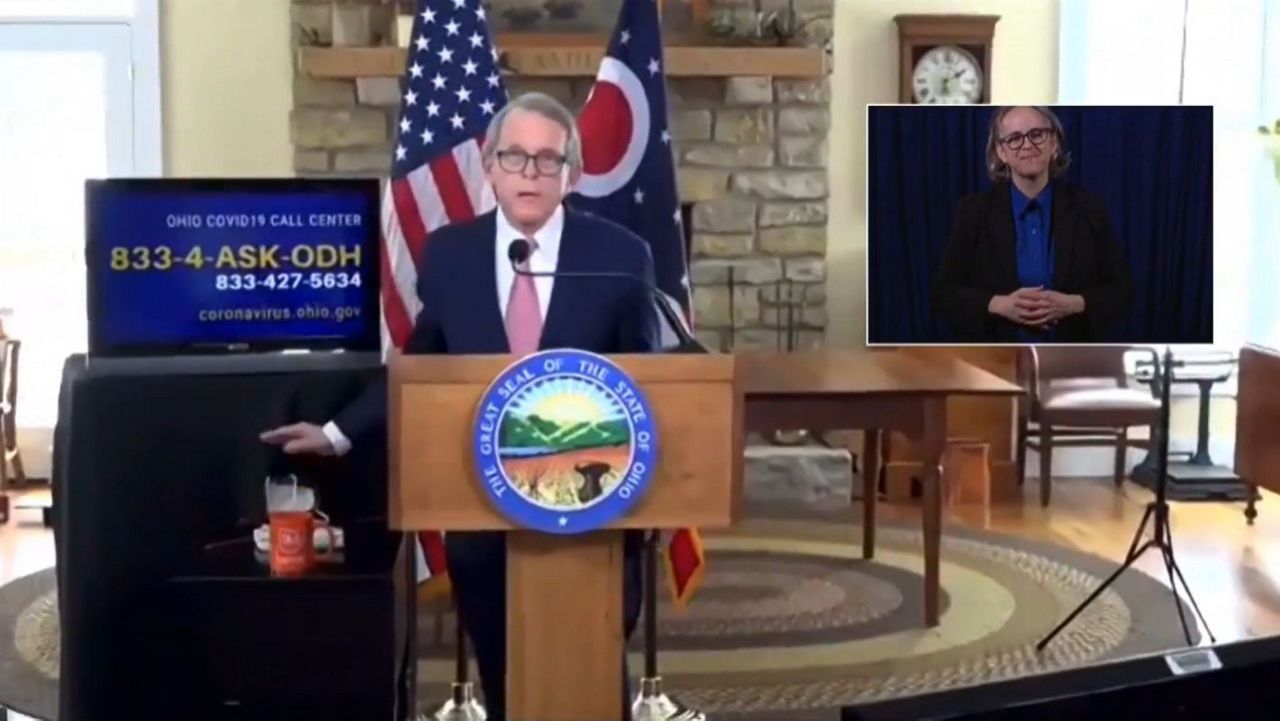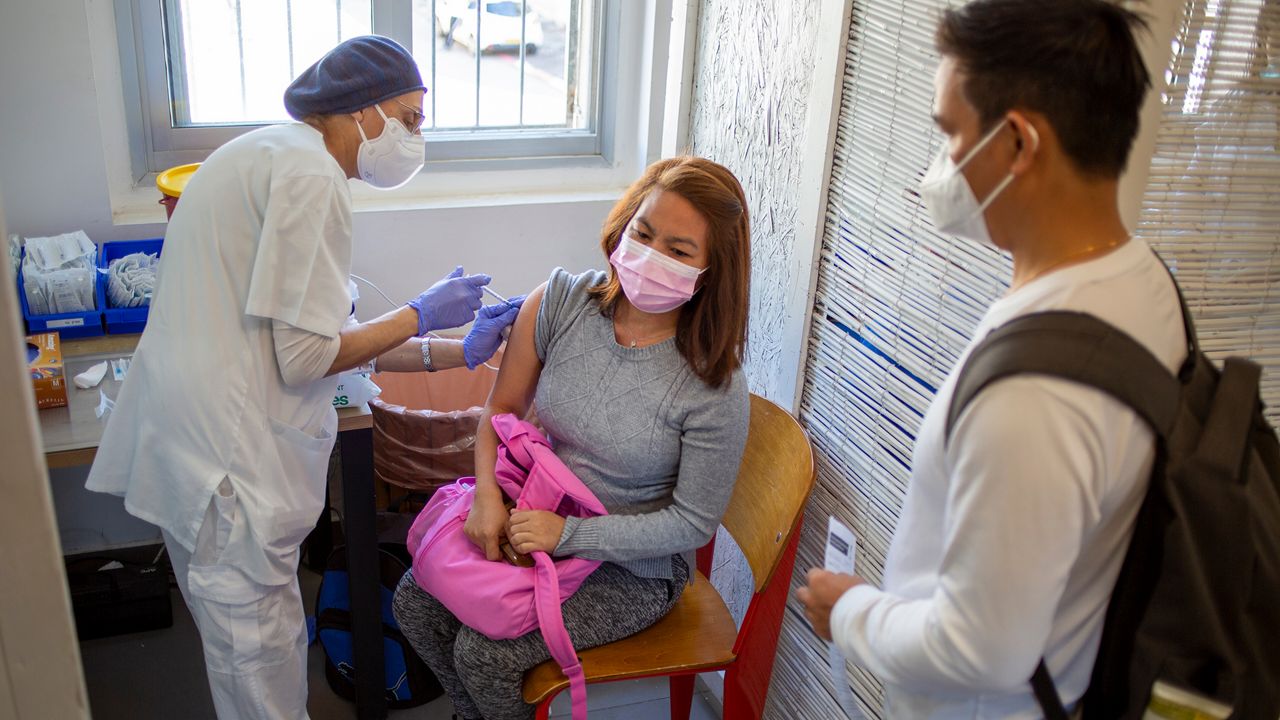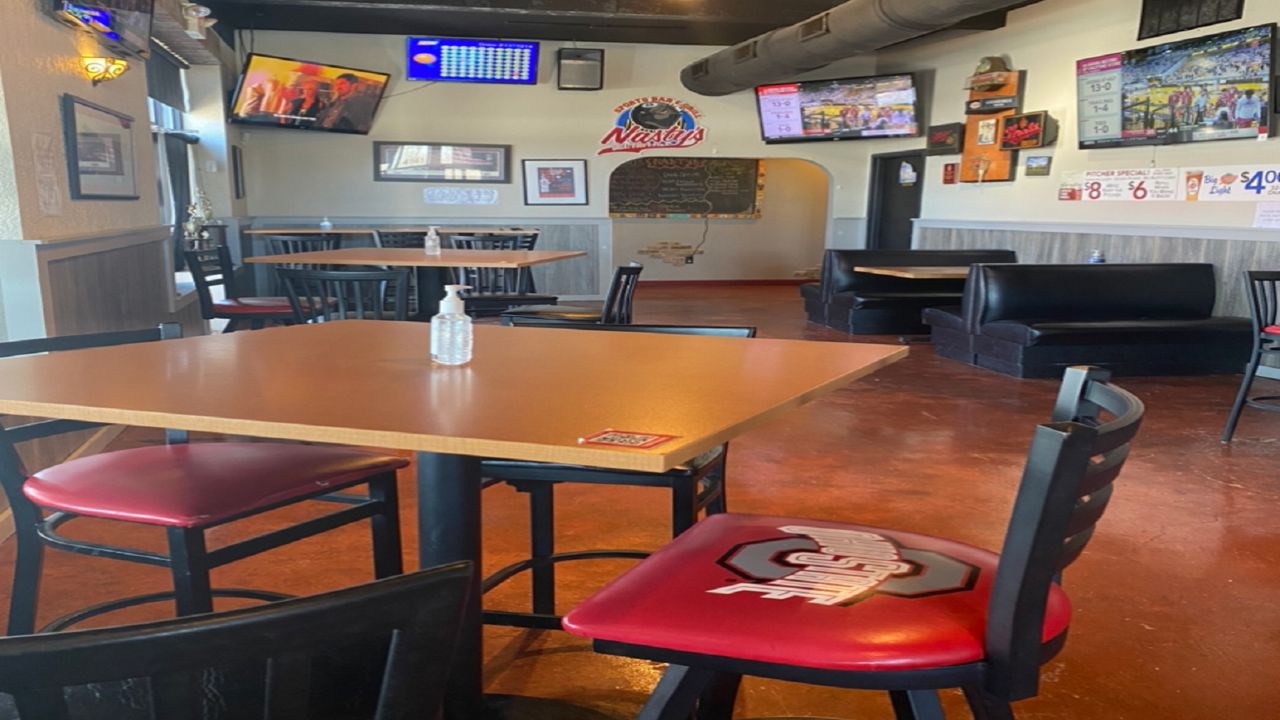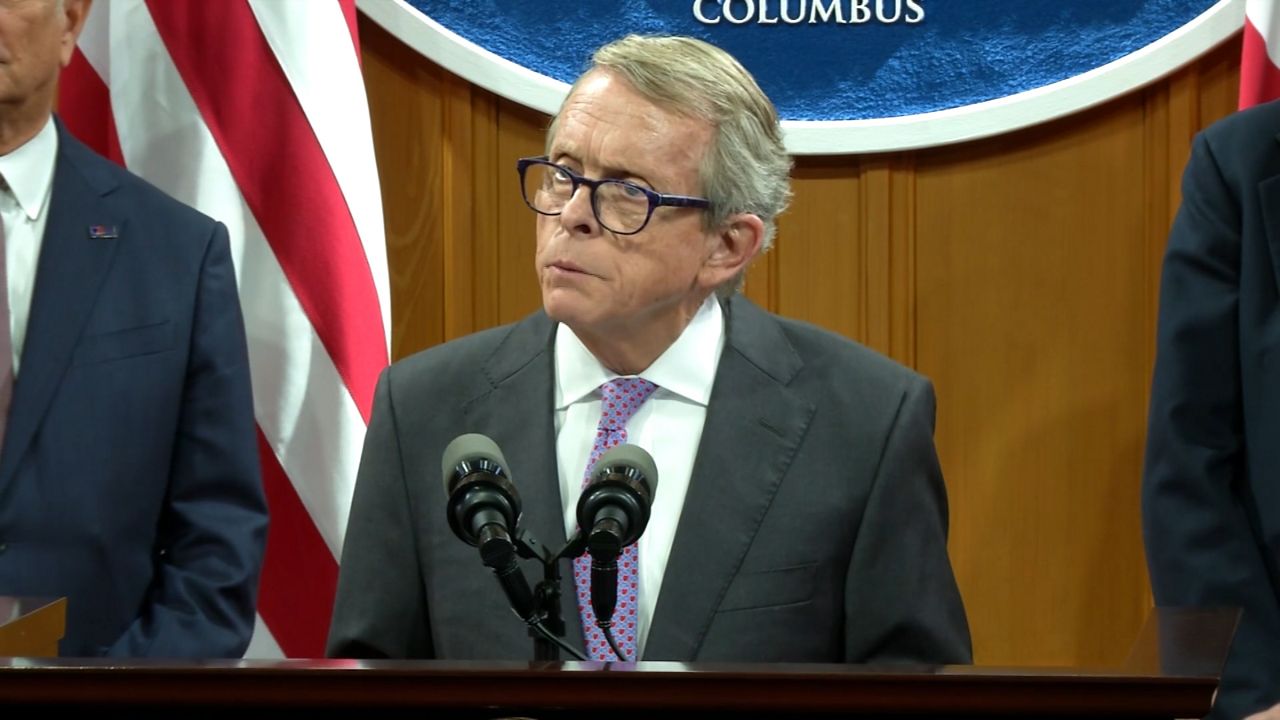COLUMBUS, Ohio — The state's curfew expired Thursday after Ohio reported more than seven consecutive days of COVID-19 hospitalizations under 2,500. Gov. Mike DeWine also confirmed bars will be allowed to serve alcohol until 2:30 a.m. if their license allows it.
DeWine made the announcement during his news conference Thursday afternoon.
"The curfew actually expired officially at noon today, so there is no curfew," DeWine said.
Before the curfew took effect on Nov. 17, Ohio was under an early alcohol sales cutoff. Drinks couldn’t be sold after 10 p.m., and consumption had to stop by 11 p.m. The governor confirmed Thursday afternoon no such restriction would be imposed at the state-level now that the curfew has expired.
“No, we don't intend to do that unless the circumstances change. If they change, we'll change what we do,” he said.
The governor said residents will still have to wear a mask at retail establishments, even with the state opening back up.
"That's just part of what we're going to have to do as we go through this period of time," he said.
The curfew was allowed to expire as a result of dropping hospitalizations, which the governor attributes in part to the vaccination of nursing home residents, who he estimates accounted for half of all COVID-19 hospitalizations.
As of Thursday's update, 1,862 people in Ohio were hospitalized with COVID-19, while 479 patients were in intensive care units and 321 were on a ventilator.
Hospitalizations declined through January and into February, and the current level is just a over a third of the peak at 5,300 hospitalizations in December.
According to the Ohio Department of Health, the state’s hospitals become strained when more than 2,500 people are being treated for COVID-19. Above that level, routine diagnostic and procedural care are impacted.
"We may, in the future, have to put a curfew back on," DeWine said Thursday. "We certainly hope we do not."
The governor said his office is paying close attention to the community spread of more contagious variants in the U.S. He said he worries the variants could put the state in a worse spot in the spring, but he said it's too early to know.
"What we don't know is what's going to happen with the variants. We've seen some of the national stories about how fast it replicates," he said. "So we could be back in a situation where we'll have climbing cases."








